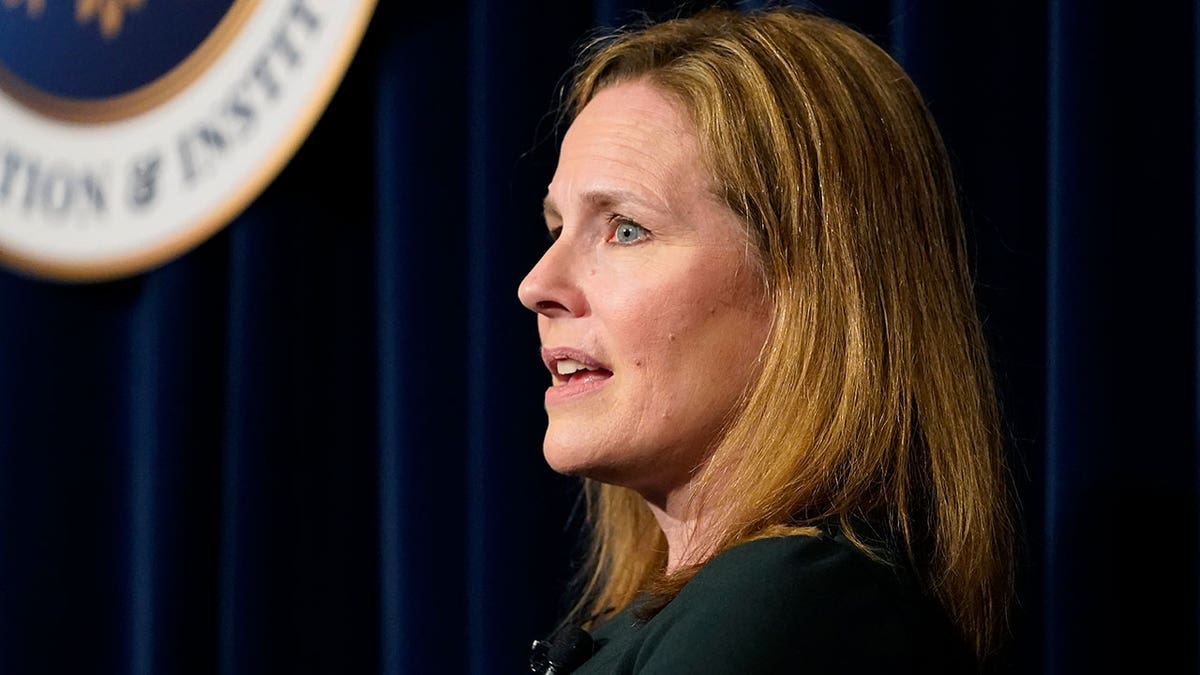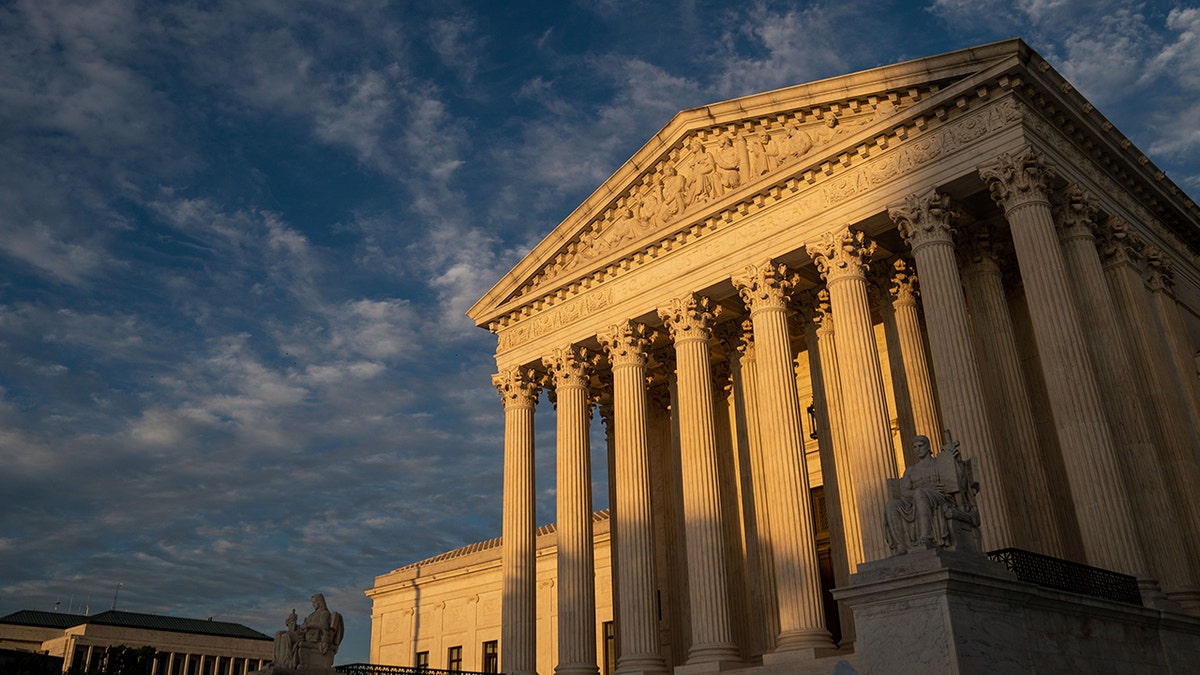Fox News Flash top headlines for June 15
Fox News Flash top headlines are here. Check out what's clicking on Foxnews.com.
The Supreme Court has upheld a federal law designed to keep Native American children connected to Native American families in custody and adoption proceedings.
A 7-2 majority of justices rejected challenges to the Indian Child Welfare Act from several states and White families who were seeking to permanently adopt Native children. They had argued they are being discriminated against and disadvantaged, in violation of equal protection guarantees in the Constitution.
"They argue that it exceeds federal authority, infringes state sovereignty, and discriminates on the basis of race," Justice Amy Coney Barrett wrote in the court's opinion for the case of Haaland v. Brackeen. "The United States, joined by several Indian Tribes, defends the law. The issues are complicated… .But the bottom line is that we reject all of petitioners’ challenges to the statute, some on the merits and others for lack of standing."
The dispute is a clash of tribal sovereignty, states' rights and racial discrimination claims.
SUPREME COURT TO HEAR CASE OF TEXAS COUPLE FIGHTING TO KEEP ADOPTED NATIVE AMERICAN CHILD
At issue is whether the high court should toss out or severely dismantle the Indian Child Welfare Act of 1978, meant to protect Native American rights in state child custody proceedings. It has long been championed by tribal leaders as a means of preserving their families and culture.
The case dealt with aspects of a unique relationship between Native tribes and the federal government, and the ability of state courts to broadly determine the discretionary "best interests" of children in placement hearings.
Among those challenging the law were Jennifer and Chad Brackeen of Fort Worth, Texas, who had first fostered, then adopted, a son known in court papers as A.L.M., beginning in 2016, after his mother, a member of the Navajo Nation was unable to care for him. The tribe sought to place the boy with other out-of-state tribal members not related to him.

Thursday's opinion was written by Justice Amy Coney Barrett. (AP)
The Brackeens eventually won custody of A.L.M but now would like to adopt the child's half-sister, identified in state proceedings as Y.R.J.
"It's been three-and-a-half years in court, and we have not been able to finalize the adoption," Chad Brackeen told Fox News Digital. "Ultimately, these two siblings belong together."
But the more than three-fourths of the 574 federally-recognized American tribes told the Supreme Court in various amicus briefs the law has been on the books for 44 years and is working.

The Supreme Court ruled against states challenging the Indian Child Welfare Act. (Kent Nishimura/Los Angeles Times via Getty Images)
"The precedent of the Supreme Court is that Indian tribes are political groups of people, they are not racial groups of people," said Chrissi Ross Nimmo, the deputy attorney general of Cherokee Nation. "Tribes determine citizenship... just like countries."
CLICK HERE TO GET THE FOX NEWS APP
Many tribes warn of a broader loss of political sovereignty if the ICWA is struck down or weakened, over such matters as health care, education and housing, which are all covered under specific federal laws.
Texas, along with Indiana and Louisiana, have also challenged the federal law, saying it oversteps authority over state child custody matters.






